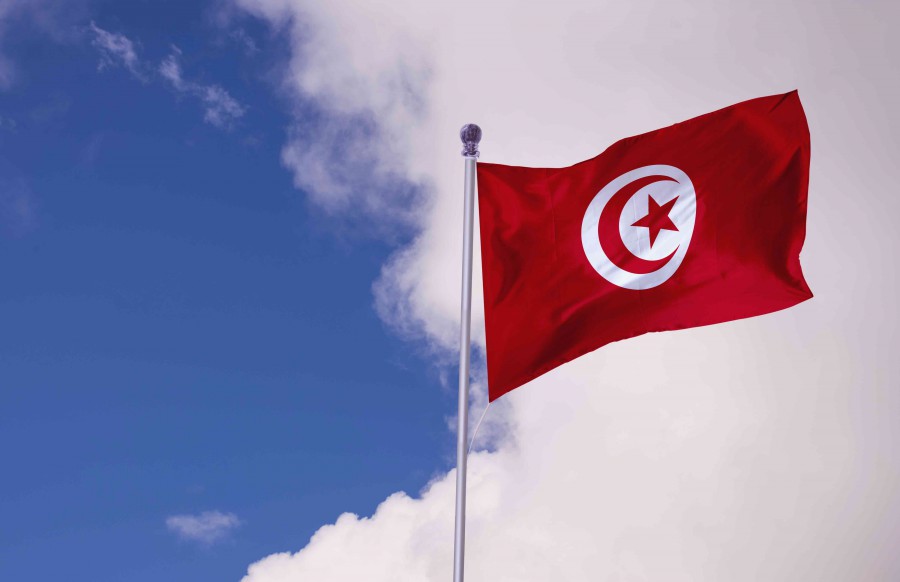World Bank Panel on Tunisia moving forward

On June 19th The World Bank hosted a one day event dedicated to the current situation in the MENA region. The event was broadcasted internally to the WB country staff throughout the region and was an opportunity to particularly shed light on the situation in Tunisia, Egypt and Syria.
Moderated by Mohamed Malouche, TAYP’s chairman of the board, Tunisia’s panel included Lobna Jeribi, National Constituent Assembly; Zied Mhirsi, Social Entrepreneur and a TAYP board member, Amine Ghali, Al Kawakibi Democracy Transition Center and Yassine Brahim, founder and president of Afek Tounes Party.
The session focused on Tunisia’s viability as a model for the region; the Constitution’s development process, the successes and failures faced throughout transition and the potential challenges Tunisia faces moving forward. Assessing the implications of recent developments in the birthplace of the Arab Spring, political and economic challenges facing civil society and lessons learned on political pluralism and consensus
Lobna Jeribi’s intervention focused on the dynamics at play in the National Constituent Assembly during the development of the new Constitution and gave a brief review on the main challenges that faced the 217 members and the different political factions and how negotiation, dialogue and mediation helped getting the large majority of the National Constituent Assembly members to approve the last draft of the constitution.
Civil society role in fostering consensus and state formation in Tunisia was presented by Amine Ghali. He also age an overview on the role civil society would continue to play in the current context of the upcoming elections. Zied Mhirsi and Yassine Brahim addressed the potential political and social challenges for longer term stability as well as the problem of crony capitalism as one of the key development challenges facing Tunisia today.
The discussion following this excellent interaction exchanged views between the audience and the panel on Tunisia’s priorities and the kind of external technical and financial support that might be needed in the short and mid-term.”

About the author
Mahmoud Hachicha